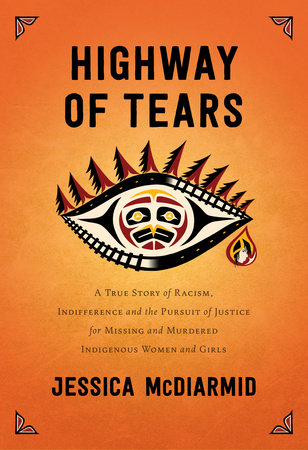World War I's impact on horror in the arts can not be overstated. This was such a great book for someone who loves history, movies and how they intersect.
This was the first book I read of the year. It was mesmerizing. I still think about it all the time.
How many things do I love more than a Beowulf retelling? NOT MANY. Loved it so.
Steinbeck and Bob on whacky adventures in a post-WWII Eastern Europe. A surprisingly light read, and funny!
Did I think I was going to be too snobby for this YA retelling of one of my favorite fairy tales? Possibly. Did I read it anyway and really like it? Sure did!





